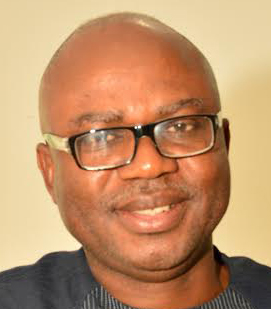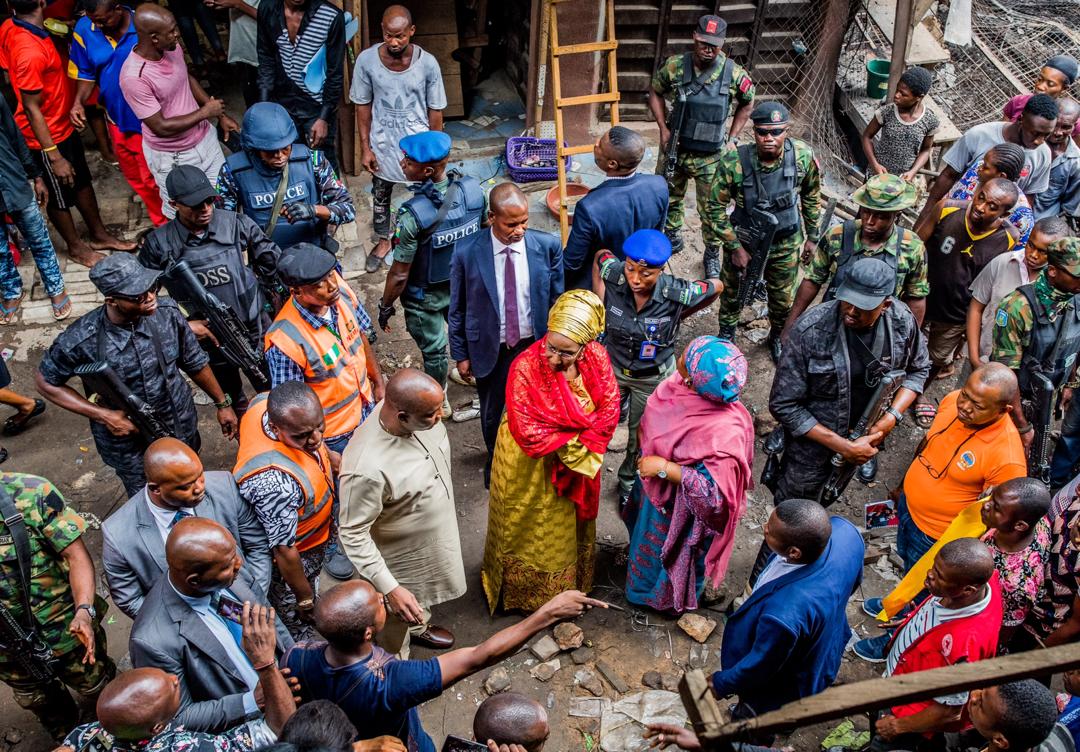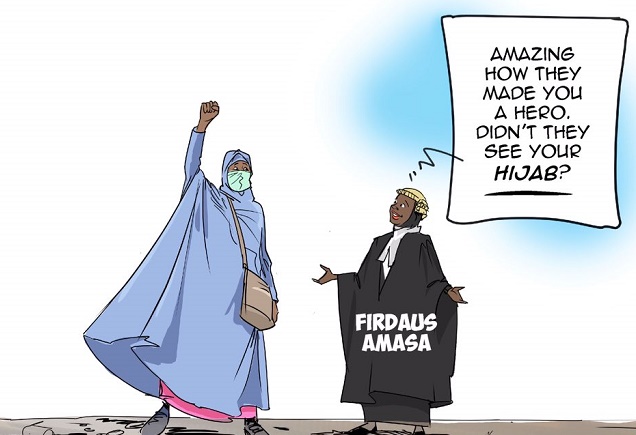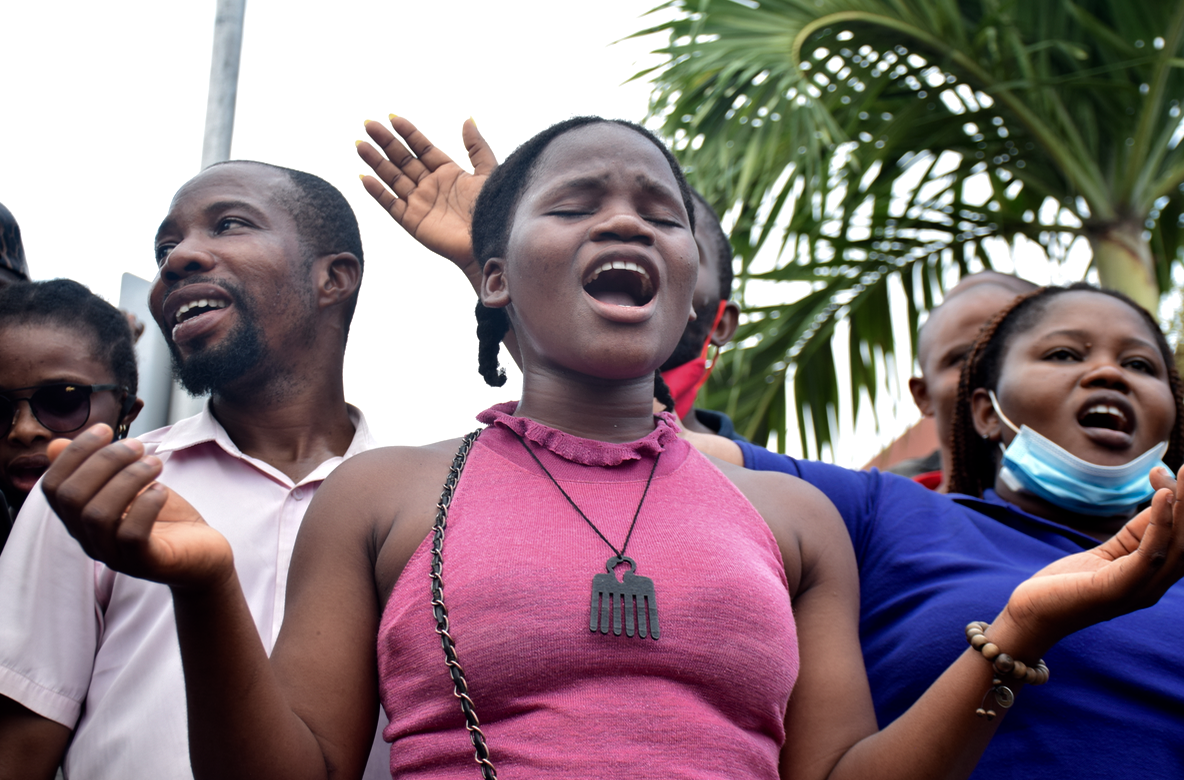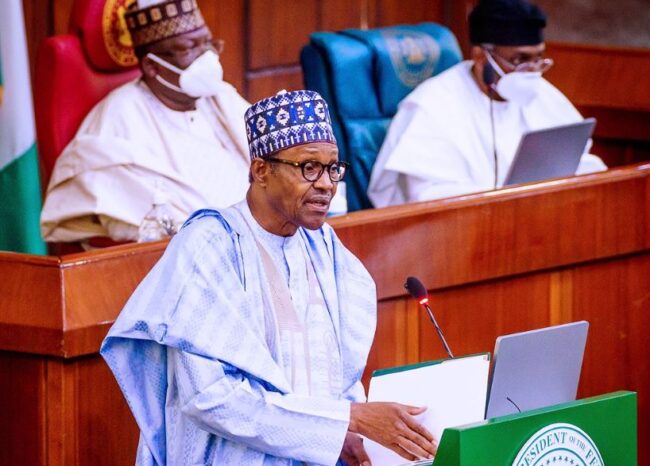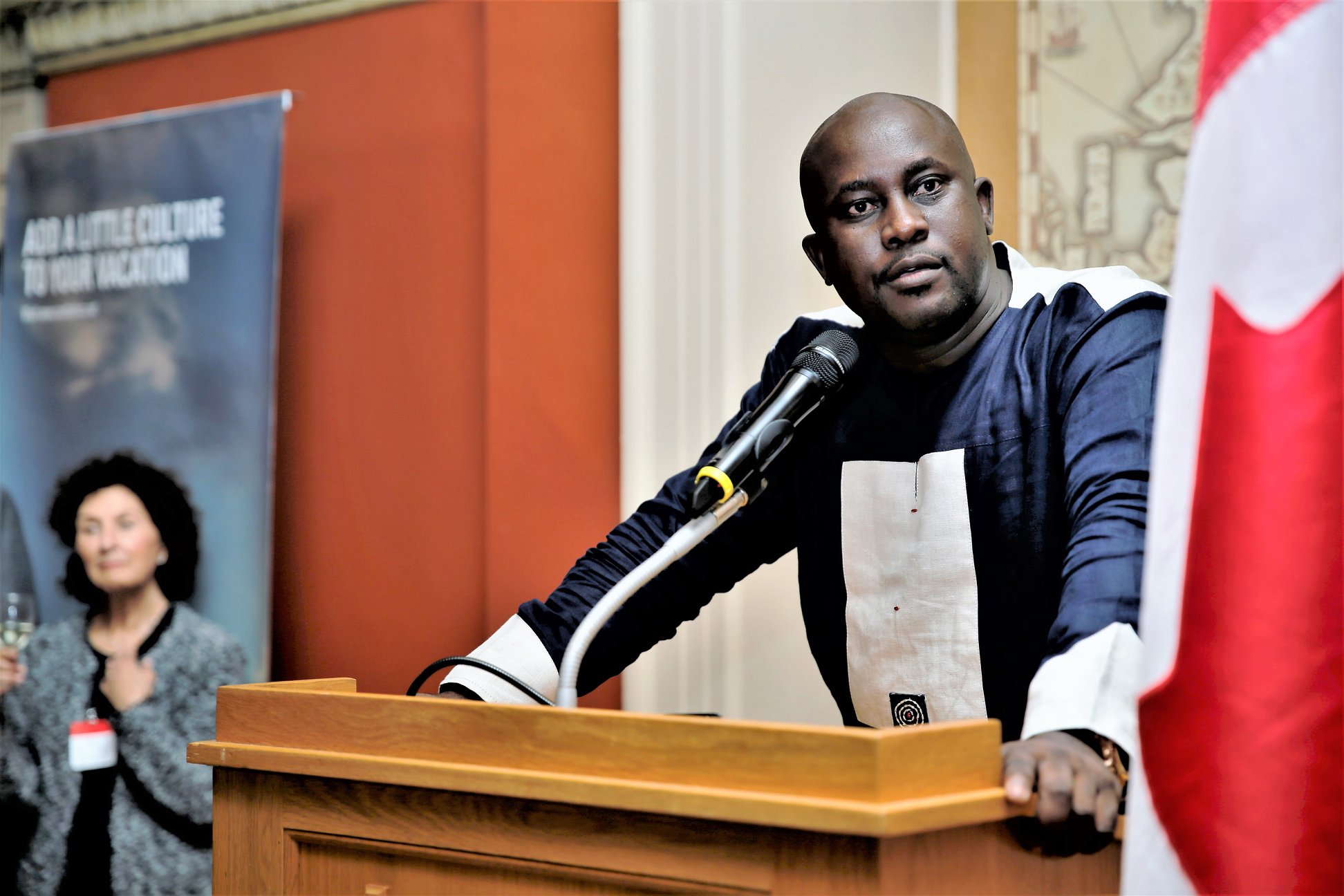In a drama programme I watched on NTA, in the late 1980s, a “presidential candidate” during a debate among contestants said he would direct the Central Bank of Nigeria to print N160million so that each of the country’s 80million citizens would get N2million. The moderator reminded him that if N160million were shared among 80 million Nigerians, each person would get N2 and not N2million. But he disagreed: “Who told you? I attended an institute of mathematics.”
Had that “presidential aspirant” “won”, his government probably would have established what later became the Conditional Cash Transfer (CCT) under the Social Investment Programmes. But there are many mathematicians like the “presidential candidate” I saw on TV a generation ago. After each budget address of the federal government, for instance, they calculate what every one of 200million Nigerians would get if N10trillion were shared equally among them. Those who can’t or don’t want to use the calculator on their handset could easily quote N500,000 or even N5million as the answer. Yet, it’s N50.
The CCT, which was started by the Muhammadu Buhari administration, has been assailed by criticisms. The most virulent has been over the criteria for selecting the beneficiaries and the smallness of the cash transferred to the most vulnerable citizens. I, too, have requested the minister of humanitarian affairs, disaster management and social development, Hajiya Sadiya Umar Farouq, to refocus the poverty-alleviation programme because it’s better to teach the poor how to fish than to give them fish. I describe what should be done in a newly published book, Jobseeker to Entrepreneur:How Career-focused Education Can Multiply Businesses and Inspire Leaders.
But almost every nation on earth runs a form of social security programme. In the U.S. that we often copy, cash is routinely transferred to the unemployed and the vulnerable. That is apart from the health insurance that most Americans enjoy. I figure that what the U.S. transfers to its poorest in one month is much greater than the total sum Nigeria has given its own helpless citizens from the inception of the CCT in 2016.
Advertisement
Nigeria is a poor nation. It doesn’t have enough money to share; it can only cater to the needs of a few. And one could say, in all fairness, that the number of Nigerians touched by the CCT programme so far is unbelievably high. Those of us attacking the programme do so because it hasn’t recognized us as among the needy too. The beneficiaries either “chop and clean mouth” or remain mute since they don’t have a voice on social media. I expect news reporters and feature writers working for mainstream media to constantly tell us what they see in the field. In my heyday as a feature writer (in the mid-1990s) I enjoyed visiting prisons, psychiatric hospitals, old people’s homes, shrines and other unusual places to see things for myself and chat with real people. These days, however, I know that reporters prefer interviewing emerging 2023 presidential candidates to speaking with the “poorest of the poor”.
As an entrepreneur, I know that many of my compatriots underestimate the harsh effects of poverty. That’s why they ask, “What can N5, 000 do for a poor person?” or, as in the time of the Covid-19 crisis and shutdowns during which a backlog was paid, “What is N20, 000 in the life of a widow?” I’m neither rich nor am I among the poorest of the poor Nigerians, but, in recent times, I’ve been astonished by the manner the less privileged rejoice and express gratitude when you dash them as little as N1,000. Do we know that several children and adults die because they can’t afford N600 anti-malarial drugs? Do we know the number of our compatriots who die daily due to lack of essential vitamins in their food? We have seen pictures showing how many of our compatriots, cows and reptiles drink from the same contaminated pond, stream or river. And we know many who have never consulted a doctor for treatment of even dangerous infections. Many elderly people die in rural and urban areas due to lack of care. Only a few of them retired from pensionable jobs; the majority enjoy no form of pension, not even one that comes irregularly! It is little wonder that Nigeria has one of the highest maternal and infant death rates in the world.
Indeed, the level of poverty in the country is incredible. Confessions by some beneficiaries of the CCT would enlighten us better. One wouldn’t understand this while looking in; and that’s why it took a foreigner, former British prime minister Theresa May, to describe Nigeria as the “poverty capital of the world”. Truly we are.
Advertisement
Only a fortnight ago, the CCT berthed in Akwa Ibom State. A report says 24, 929 households shared almost N1billion (N993,450,000.00) in nine LGAs. Speaking at Holy Child Primary School, NungUdoe, ItakIkono LGA, on the occasion of the flag-off, Minister Farouq said, “Women from AkwaIbom have played and continued to play a prominent role in poverty eradication in the state and are pivotal to our poverty elimination programmes.”
At least 30 states have benefitted from the CCT. After Akwa Ibom, Zamfara is next. Every state will, however, be reached. Each beneficiary state is required to sign anMoU, set up an operation coordinating unit to populate the State Social Register (SSR), and then set up a State Cash Transfer Unit (SCTU) to be domiciled in an appropriate ministry or agency in the state. The SCTU ensures establishment of LGA Cash Transfer Facilitators (CTFs) who will be responsible for community-level activities. States and LGAs receive financial and technical support from the federal government; each state government provides personnel and logistics.
Certainly, not every poor and vulnerable household gets the cash; only those captured in the National Social Register do. The National Cash Transfer Office (NCTO) issues a CCT programme identity card containing the biometrics of beneficiaries during enrolment. Although payments are supposed to be made every two months or six times per year, fund limitations make this impossible.
Sometimes, it’s a one-off grant of N20,000 cash to rural women, as was done in Sokoto recently. Minister Farouq has just launched the one-off payment of a special grant for rural women in Plateau to mark the International Day of Rural Women. “The grant of N20,000 will be disbursed to over 150, 000 poor rural women across the 36 states of the federation and the Federal Capital Territory,” the minister said.
Advertisement
Overall, however, the process has been transparent. And I believe the claim that the CCT is a “household uplifting programme” is true for all beneficiaries. I wish the programme would reach my village Umuefi, Lejja, so I could see happier faces around me.
Nwamu, an author and editor, is the CEO of Eyeway.ng
+234-8054100220 (SMS/WhatsApp only)
Advertisement
Views expressed by contributors are strictly personal and not of TheCable.
Add a comment
